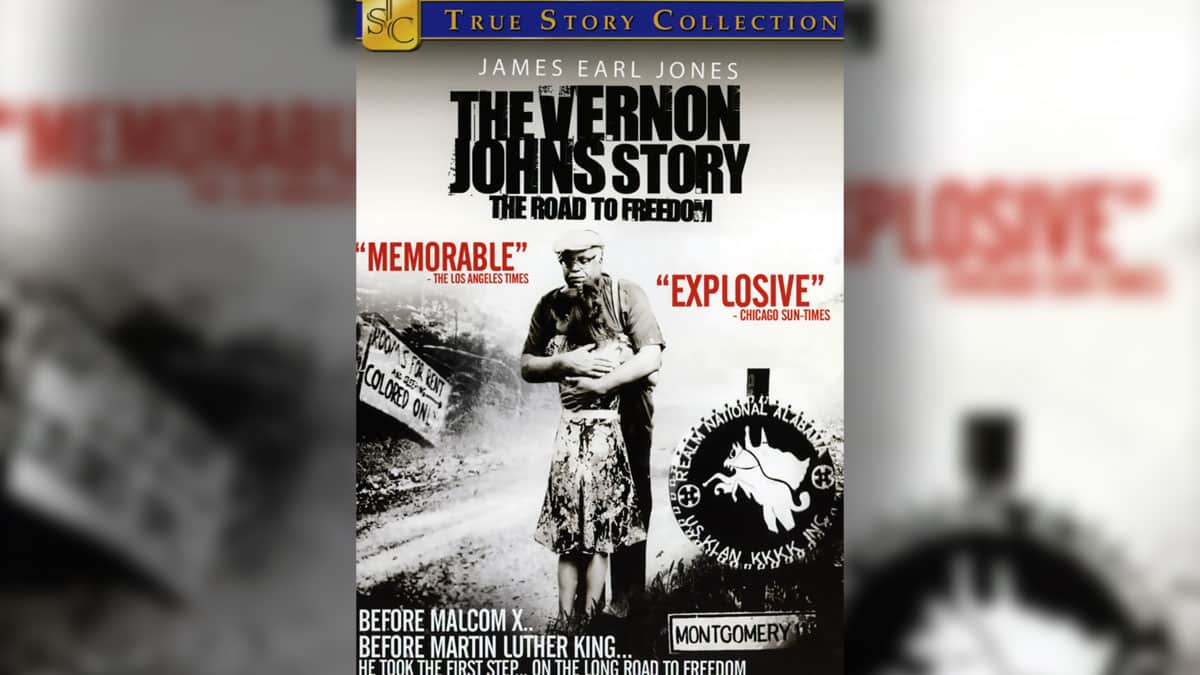Mississippi Today
Will Supreme Court rely on ‘plain reading’ of law in two highly partisan cases?

Two high-profile cases are pending where the nine justices on the Mississippi Supreme Court will decide whether to uphold the plain language of the law or find a reason to ignore that plain language.
In one case the justices are being asked to decide whether it is unconstitutional for the Legislature to pass a bill that gives public funds to private schools.
In the other, the justices are being asked to decide if it is OK for a candidate — Bob Hickingbottom — to wait 62 days after the deadline established in state law to appeal a decision of the state Democratic Executive Commission stating that he is ineligible to run for governor.
The two cases do not have much in common except for the fact that the language in the Mississippi code and state Constitution governing each issue is straight and direct. Also, both cases are highly partisan.
In general terms, Democrats oppose providing public funds to private schools. And many Republicans also badly want Hickingbottom to be on the August Democratic primary ballot to create additional work for Democratic gubernatorial frontrunner Brandon Presley.
In reality, the little-known Hickingbottom probably does not pose much of a threat, but any scenario that might make Presley's road to the November general election more difficult or bumpy is viewed as a victory by Republicans.
In that particular case, the state Democratic Executive Committee ruled back in February that Hickingbottom was not eligible to run for governor. Hickingbottom can make a strong argument that the executive committee acted outside the law in denying him a spot on the Democratic primary ballot. The committee ruled that because he did not file his statements of economic interest with the Ethics Commission or file campaign finance reports in previous elections, he was ineligible.
Apparently, under Mississippi law, not filing a campaign finance report or not filing a statement of economic interest so voters can know a candidate's financial ties and conflicts does not disqualify a person from running for office. That in itself might say something about the lack of seriousness the Mississippi Legislature places on transparency and ethics.
Nonetheless, Hickingbottom appeared to have a legitimate reason for the appeal of the Democratic executive committee's decision.
But the question before the Supreme Court could hinge a lot more on the law that states how long Hickingbottom had to file the appeal.
The law reads: “Any party aggrieved by the action or inaction of the appropriate executive committee may file a petition for judicial review to the circuit court of the county in which the executive committee whose decision is being reviewed sits. The petition must be filed no later than fifteen (15) days after the date the petition was originally filed with the appropriate executive committee.”
Hickingbottom waited 77 days — not 15 — to file his appeal.
In ruling in favor of Hickingbottom, Hinds County Circuit Judge Forrest Johnson Jr. said the law establishing a deadline to appeal is not that important.
“The right of citizens to run for elected office, while not yet recognized on the same level as voting itself, is at least a quasi-fundamental pillar of our democracy,” the judge wrote. “More democracy is better than less democracy. In summary, the plaintiff's right to ballot access in this case prevails over his delay in seeking relief from this court.”
In other words, the judge is saying it is OK to ignore some laws. Using that logic, perhaps it would be OK for people to continue to vote past Election Day or to ignore provisions requiring a voter ID. After all, more democracy is better than less democracy.
At any rate, the executive committee of the state Democratic Party is asking the Supreme Court to take the plain language of the law and overturn Johnson's decision.
In the other case, the state Constitution plainly reads: “No religious or other sect or sects shall ever control any part of the school or other educational funds of this state; nor shall any funds be appropriated toward the support of any sectarian school, or to any school that at the time of receiving such appropriation is not conducted as a free school.”
That no funds should be appropriated to a school that is not a free school seems clear in the law.
Based on the proverbial “plain language” arguments that judges like to cite, both cases appear to be slam dunks.
Judges often say they look first at and follow the “the plain language” of the law in deciding a case. But in recent years, Mississippi Supreme Court justices have been inconsistent in adhering to that “plain language” principle.
With two highly partisan cases before the high court, the question is: Which reading will the justices take?
This article first appeared on Mississippi Today and is republished here under a Creative Commons license.
Did you miss our previous article…
https://www.biloxinewsevents.com/?p=246768
Mississippi Today
On this day in 1892


April 22, 1892

Fiery civil rights pioneer Vernon Johns was born in Darlington Heights, Virginia, in Prince Edward County. He taught himself German and other languages so well that when the dean of Oberlin College handed him a book of German scripture, Johns easily passed, won admission and became the top student at Oberlin College.
In 1948, the Dexter Avenue Baptist Church in Montgomery, Alabama, hired Johns, who mesmerized the crowd with his photographic memory of scripture. But he butted heads with the middle-class congregation when he chastised members for disliking muddy manual labor, selling cabbages, hams and watermelons on the streets near the state capitol.
He pressed civil rights issues, helping Black rape victims bring their cases to authorities, ordering a meal from a white restaurant and refusing to sit in the back of a bus. No one in the congregation followed his lead, and turmoil continued to rise between the pastor and his parishioners.
In May 1953, he resigned, returning to his family farm. His successor? A young preacher named Martin Luther King Jr.
James Earl Jones portrayed the eccentric pastor in the 1994 TV film, “Road to Freedom: The Vernon Johns Story,” and historian Taylor Branch profiled Johns in his Pulitzer-winning “Parting the Waters; America in the King Years 1954-63.”
This article first appeared on Mississippi Today and is republished here under a Creative Commons license.
Did you miss our previous article…
https://www.biloxinewsevents.com/?p=351711
Mississippi Today
Podcast: Rep. Sam Creekmore says Legislature is making progress on public health, mental health reforms

House Public Health Chairman Sam Creekmore, R-New Albany, tells Mississippi Today's Geoff Pender and Taylor Vance he's hopeful he and other negotiators can strike a deal on Medicaid expansion to address dire issues in the unhealthiest state.
This article first appeared on Mississippi Today and is republished here under a Creative Commons license.
Did you miss our previous article…
https://www.biloxinewsevents.com/?p=351583
Mississippi Today
On this day in 1966
April 21, 1966

Milton Olive III became the first Black soldier awarded the Congressional Medal of Honor in the Vietnam War.
Olive had known tragedy in his life, his mother dying when he was only four hours old. He spent his early youth on Chicago's South Side and then moved to Lexington, Mississippi, where he stayed with his grandparents.
In 1964, he attended one of the Mississippi Freedom Schools, and he joined the work in Freedom Summer, registering Black voters. Concerned that he might be killed, his grandmother sent him back to Chicago, where he joined the military on his 18th birthday.
“You said I was crazy for joining up,” he wrote. “Well, I've gone you one better. I'm now an official U.S. Army Paratrooper.”
He joined the U.S. Army's 173rd Airborne Brigade and became known as “Preacher” for his quiet demeanor and his tendency to avoid cursing. On Oct. 22, 1965, helicopters dropped Olive and the 3rd Platoon of Company B into a dense jungle near Saigon. They returned fire on the Viet Cong, who retreated. As the soldiers pursued the enemy, a grenade was thrown into the middle of them. Olive grabbed the grenade and fell on it, absorbing the blast with his body.
“It was the most incredible display of selfless bravery I ever witnessed,” the platoon commander said.
Olive saved his fellow soldier's lives. Then-President Lyndon B. Johnson presented the medal to his father and stepmother, and he has since been honored with a park and a junior college named for him.
This article first appeared on Mississippi Today and is republished here under a Creative Commons license.
-
SuperTalk FM6 days ago
Chance of parole denied for man who killed 3 Choctaw Indian tribal members
-
SuperTalk FM5 days ago
2 arrested after missing man’s body found on side of Mississippi highway
-
Mississippi News4 days ago
What this means for local schools
-
Kaiser Health News6 days ago
To Stop Fentanyl Deaths in Philadelphia, Knocking on Doors and Handing Out Overdose Kits
-
228Sports2 days ago
From Heartbreak to Hoop Dreams: Pascagoula Panthers Springboard from Semifinal Setback to College Courts
-
Mississippi News2 days ago
2 dead, 6 hurt in shooting at Memphis, Tennessee block party: police
-
Mississippi News4 days ago
Willis Miller sentenced to 45 years in prison, mandatory
-
Mississippi Today4 days ago
The unlikely Mississippi politician who could tank Medicaid expansion



































